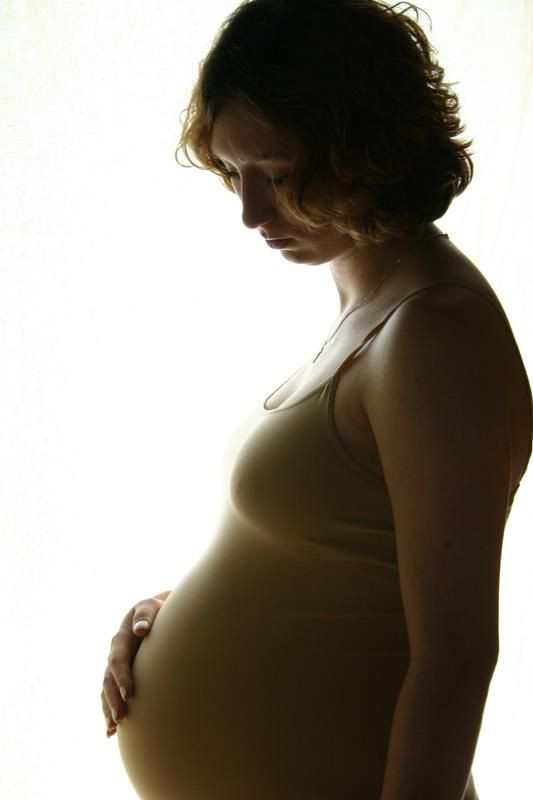Mercury Exposure Is Not Linked To Autism, After All; Pregnant Women Can Eat Up To 12 Meals Of Fish Weekly With No Risks

The autism epidemic has been a source of concern since it began in the late 1980s because of its unknown cause, but now parents and doctors alike can rule out mercury, thanks to a new and extensive study.
Autism spectrum disorder and autism are overarching terms for several brain development disorders that are found in children. These disorders are characterized by adverse social interactions and repetitive behaviors, with varying degrees of severity. Autism's roots can be traced back to very early brain development, but the obvious and visual signs tend to emerge between ages two and three.
In the new study, researchers found that consuming high levels of fish during pregnancy was not linked to autism in children.
"This study shows no evidence of a correlation between low level mercury exposure and autism spectrum-like behaviors among children whose mothers ate, on average, up to 12 meals of fish each week during pregnancy," said the study's lead author, Edwin van Wijngaarden, Ph.D.
The study is based on more than 30 years of research in the Republic of Seychelles, an island country east of Africa's mainland. Women have always been warned to stay away from fish while they are trying to get pregnant and when they actually are pregnant because fish contains high levels of mercury, which was thought to be the cause of autism.
Researchers observed 1,784 children, adolescents, young adults, and their mothers, first by determining prenatal mercury exposure by hair samples collected from the mothers around the time they gave birth. They then had the offspring fill out two different social communication questionnaires in order to determine if they were exhibiting any autism spectrum-like behavior. These tests are frequently used as a screening tool in the U.S. and measure language skills, social communications, and repetitive behaviors, which suggest whether or not additional evaluation is necessary.
The mercury levels of the mother's hair at the time of birth are then compared to their offspring's questionnaire scores.
"This study shows no consistent association in children with mothers with mercury level that were six to ten times higher than those found in the U.S. and Europe," said Philip Davidson, Ph.D., the study's principal investigator.
According to the Centers for Disease Control and Prevention (CDC), an estimated one in 99 American children are currently on the autism spectrum, which is 10 times higher than it was just 40 years ago. The prevalence of autism leans more towards boys, as it is almost five times as common with one out of every 54 boys diagnosed and one in 252 girls diagnosed.
But, there is still no definitive source of cause for autism. It was once believed that vaccinations caused autism in children. Only two years ago, a 1998 study published in The Lancet was immediately retracted and its study's lead author, Dr. Andrew Wakefield, was stripped of his medical license. Wakefield's elaborate fraud that claimed to find a link between childhood vaccines and autism, which some still believe as truth, caused sharp drops in vaccinations rates in Britain and even the United States, which caused a correlated sharp increase in measles in recent years.
"It's one thing to have a bad study, a study full of error, and for the authors then to admit that they made errors," Fiona Godlee, BMJ's editor-in-chief, told CNN. "But in this case, we have a very different picture of what seems to be a deliberate attempt to create an impression that there was a link by falsifying the data."
The frustration that this caused parents of over two million children in the U.S. alone was staggering. Now, in addition to vaccinations, mercury can be crossed off the list of possible causes.
Published by Medicaldaily.com



























